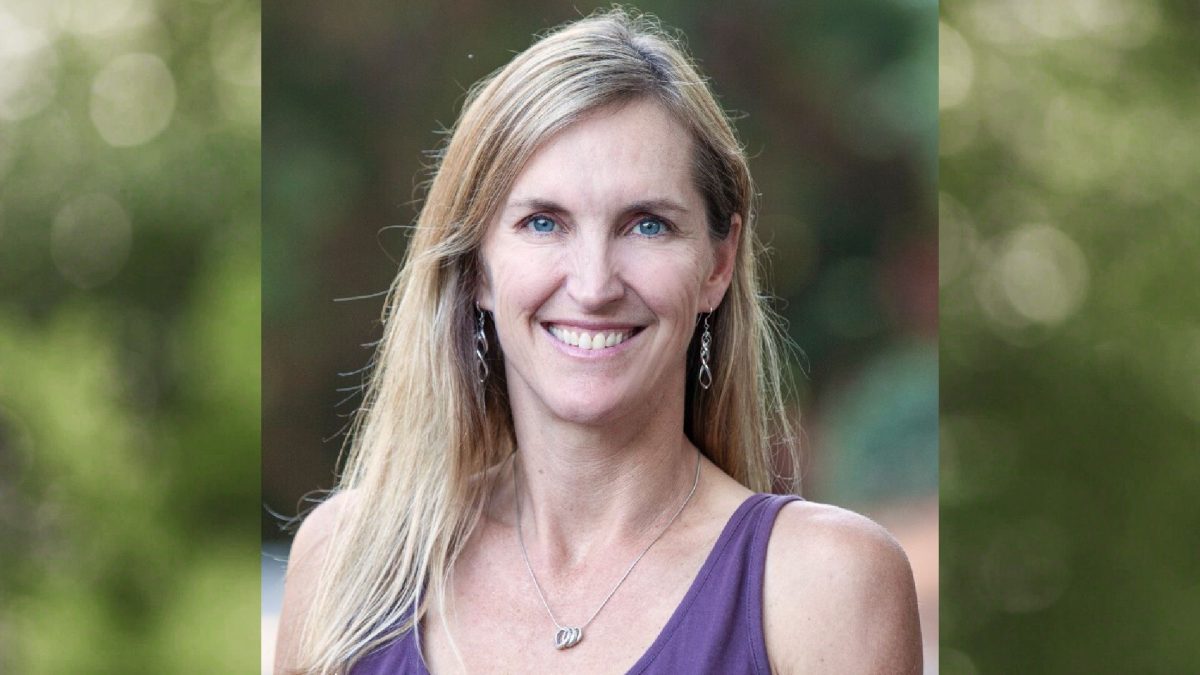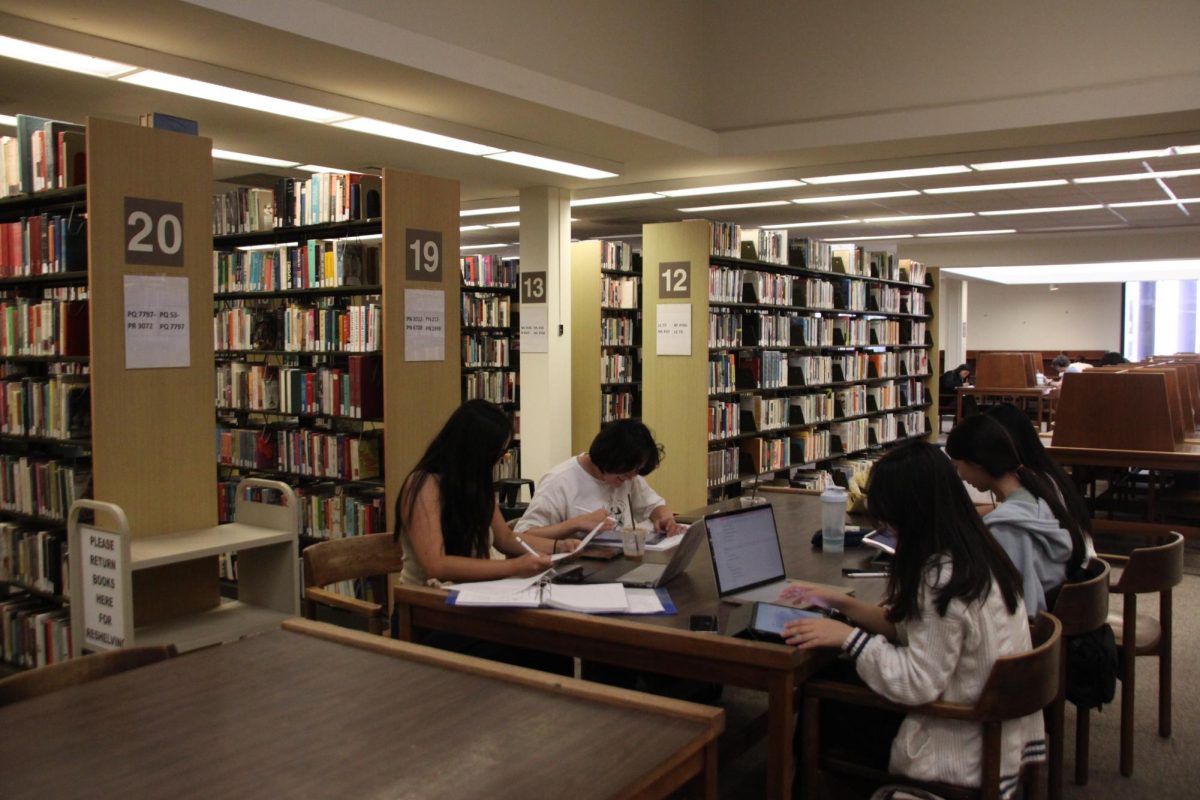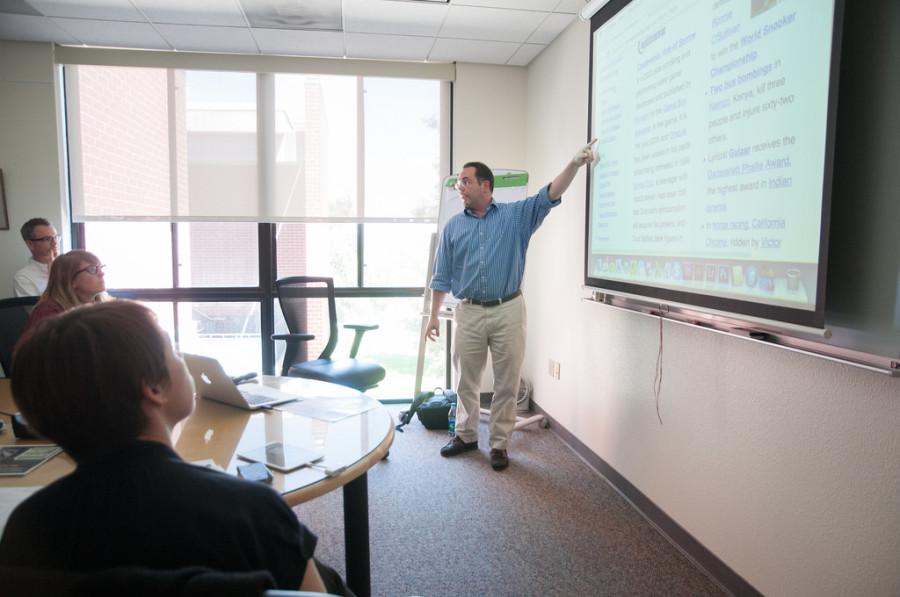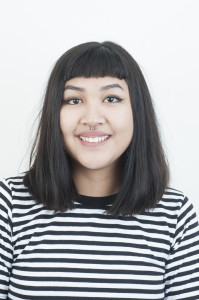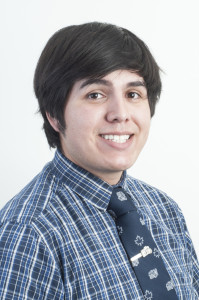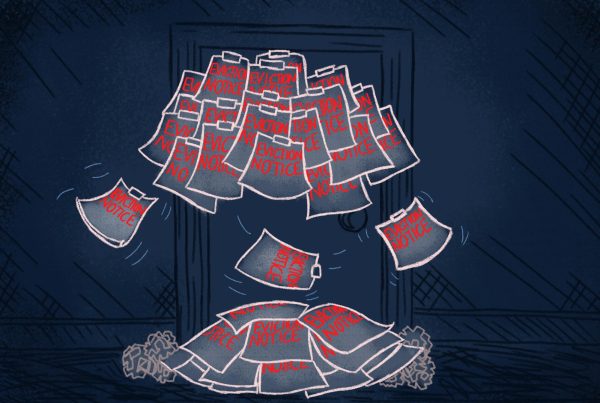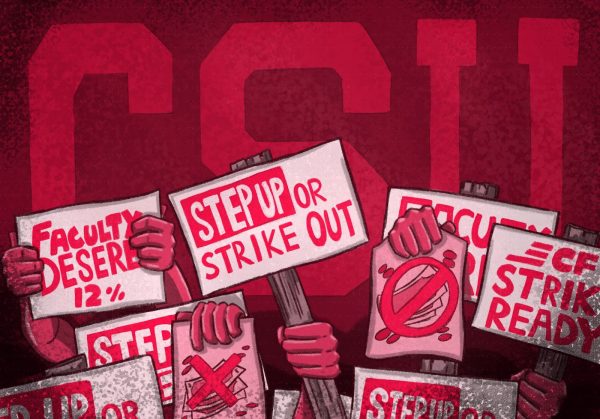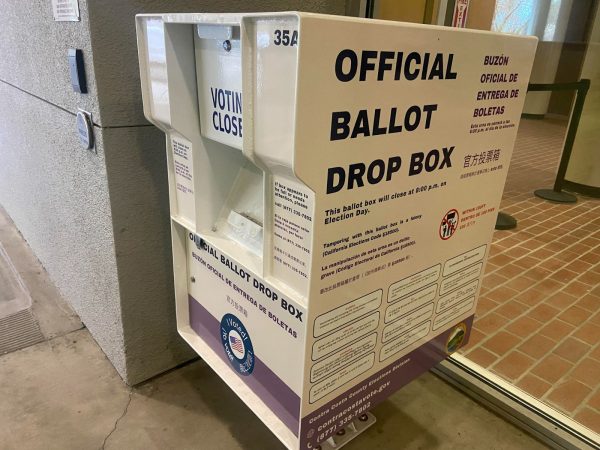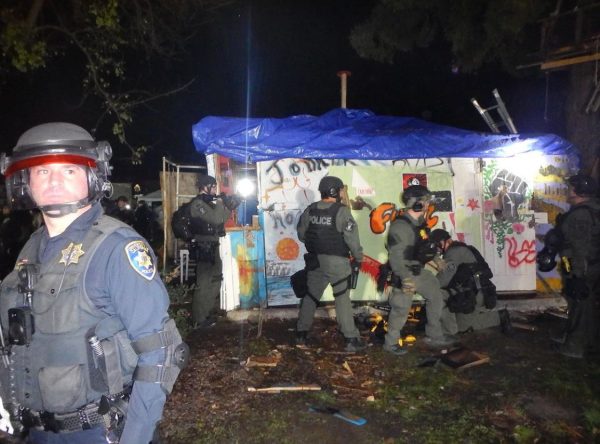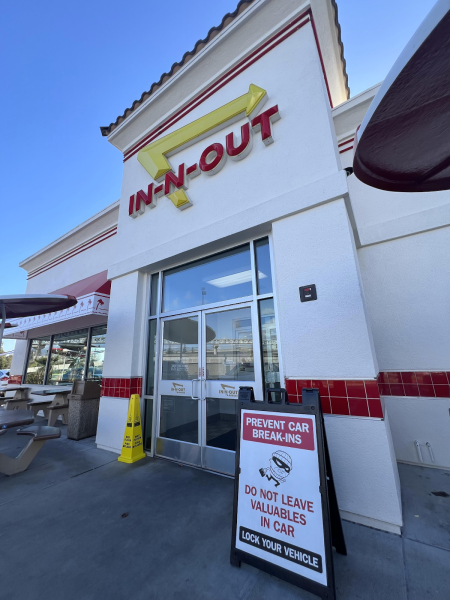DVC instructors learn benefits of using Wikipedia in the classroom
Frank Schulenburg, the executive director of Wiki Education Foundation, demonstrates ways to use Wikipedia in class to Diablo Valley College instructors on Tuesday, May 6, 2014 in the DVC library.
May 9, 2014
In a workshop on how to properly integrate Wikipedia into the classroom, instructors were forced to ask themselves questions like “Who invented the 7-10 page research paper anyway and why do I adhere to it so adamantly?”
The executive director for the Wikipedia Education Foundation, Frank Schulenburg, spoke at Diablo Valley College on May 6 about the benefits of using the online collaborative encyclopedia, which is often banned from classrooms, to the teacher’s advantage.
The Wikipedia Education Foundation, a rather new addition to the Wikimedia Foundation, has been successful in integrating Wikipedia in 400-plus classrooms in the U.S. alone.
Schulenburg cited schools such as Harvard, U.C. Berkeley and Virginia Tech as some of the many universities that have been receptive to this collective effort for media literacy.
“I think for the teachers, you have students that are motivated as never before,” he said. “For the students, while having fun because there is a fun aspect to it, but you learn a lot, you learn a lot about Wikipedia and if that’s one of your main information sources on the web then its important thing to know more about it.”
English instructor Anne Kingsley has been a pioneer in implementing this. In her critical thinking class, students were able to successfully contribute to the digital history of the Harlem Renaissance.
Kingsley helped guide her students through editing existing and creating new articles in Wikipedia, to prove they are capable of being more than consumers of information, but producers, as well.
Kingsley said that her thought process towards using Wikipedia in her own classroom began with a set of questions: “Can I make meaningful pathways between my students and the world beyond the classroom… Could I do something different, design a different concept of research in the classroom?”
She was especially interested because the peer review system used by traditional academic journals “can also prevent histories from being told.” She asked herself, “could we have community college students, could I have myself and with them, really actually build out some of the Harlem Renaissance pages?”
Evan Smith, 21, was one of Kingsley’s students who was successful in not just composing edits on Wikipedia, but also in generating a new article on the Harlem Renaissance.
“I felt like it put me into a bigger community outside of the classroom and that was sort of a big thing,” Smith said. “Normally, you do classroom stuff and what happens in the classroom stays in the classroom.”
One of the attendees, English instructor Erin Holzer, said she hoped to do something similar to Kingsley next fall: “I think it would be a really interesting aspect for my students to engage in that process of becoming one of the people who contributes to that source of information, so that they can have a better understanding of what it takes to become a credible source in a way, with the research that you have to do in order to be completely knowledgeable on a topic.”
Kingsley said she felt some apprehension in incorporating new media into her classroom. But she thought of a saying by educator Paulo Friere: “He says that ‘Students and teachers can be co-investigators,’ and I’ve always liked that term because I think that if a class can enact that, really amazing things happen.”






















